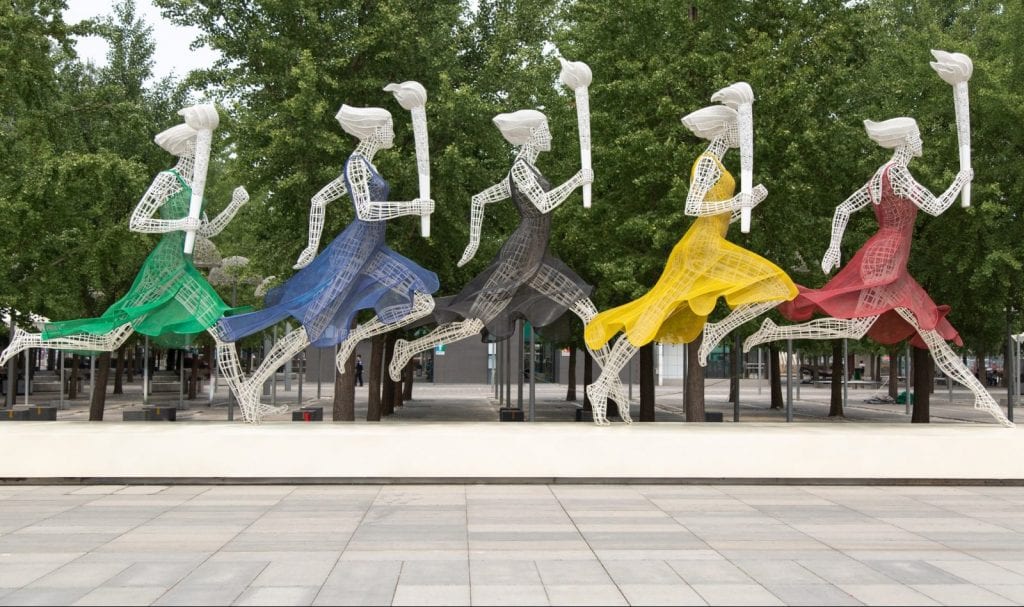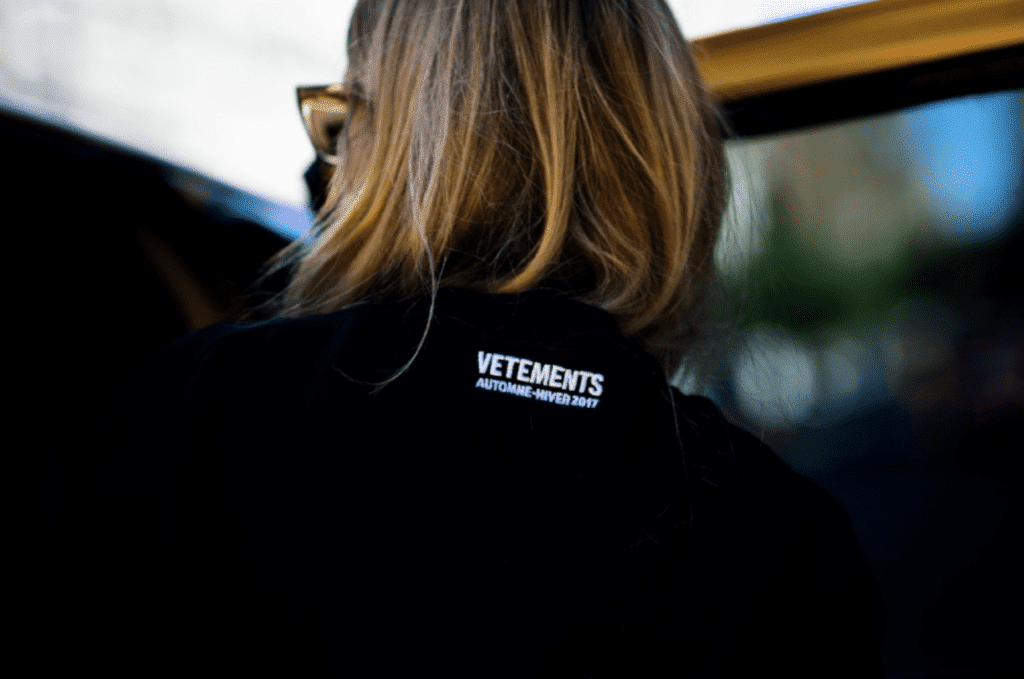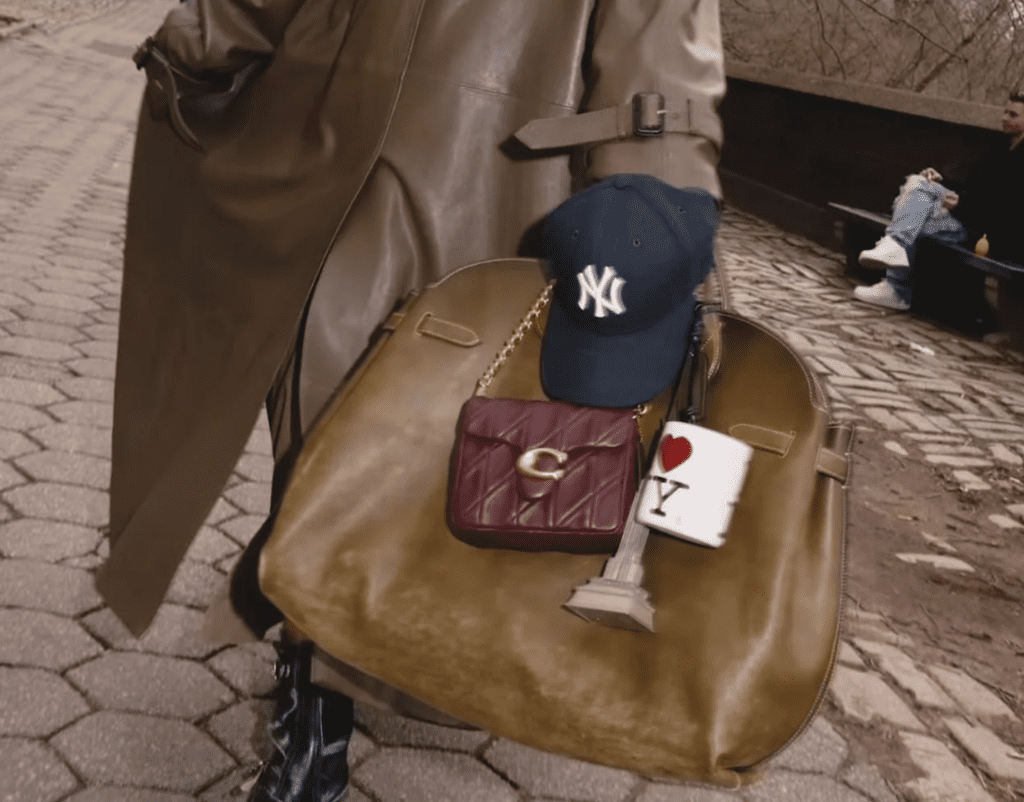If you are one of the billions of people around the world who plan to follow the Olympic games in Paris over the next couple of weeks, you will inevitably see a wide array of spectacular performances. In addition to the striking levels of athleticism, you will also likely notice a flood of social media posts using Olympic-ralted hashtags – from #Paris2024 to #olympicgames and #TeamUSA. Given that the Olympic Games have routinely been dubbed the “most watched and talked-about Games on social media,” this is not surprising. Against this background and in light of brands’ increased desire to bank on the sizable viewership boasted by the Olympics, what may be more striking is the silence of most companies when it comes to the games.
Whether on television or the internet, the vast majority of businesses have to walk a fine line when it comes to their advertising activities in connection with the Olympic Games – whether in conjunction with promoting their own products or even just saluting their national teams. The reason for such strict rules is rooted in U.S. trademark law and other laws around the world (at least some of which have been created solely to protect the Olympics), which the International Olympic Committee (“IOC”) uses to aggressively maintain its monopoly on the games and corresponding branding.
Olympics trademarks under lock and key
The IOC, which organizes the Olympic Games, owns long list of Olympics trademarks – commonly referred to as the “Olympic properties.” These include the interlaced ring symbol, flag, anthem, motto, emblems, mascots, the word “Olympic” and other Olympic-related word marks for use on an sweeping array of products and services in various countries across the globe.
In the U.S., alone, the IOC’s registered trademarks include the Olympics rings, torch designs, the words “Olympic,” “Paralympic” and “Pan American,” as well as any other word or symbol that suggests an association with the USOPC, the American team or the Olympic Games themselves. A search of the United States Trademark Electronic Search System reveals more than 200 trademarks, including “Olympian,” “future Olympian,” “road to Rio,” “rumble in Rio,” “train like an Olympian,” “let the games begin” and “go for the gold.”
In addition to relying on national trademark laws to protect its valuable assets, the IOC has also obtained unique, heightened protections that do not extend to other companies. First, a 52-country international agreement guards the interlaced ring symbol against commercial use without the IOC’s consent. Each signatory nation can receive a portion of the revenues generated domestically if the IOC does consent to specific uses of the symbol. Between the 1988 Seoul Games and 2004 Athens Games, more than $300 million was generated in licensing royalties, some of which went to the host countries.
Second, countries that host the games often create special laws to safeguard the Olympic properties above and beyond other existing laws. These laws prohibit certain marketing tactics by companies that are not official sponsors. These new laws typically provides much broader protection than basic trademark law and makes it easier to stop unauthorized activities. One day before Rio de Janeiro was chosen to host the 2016 Olympic Games, Brazil enacted the Olympic Act; it includes language that specifically protects the Olympic properties from unauthorized uses.
Meanwhile, the U.S. boasts the Ted Stevens Olympic and Amateur Sports Act, an almost 50-year-old federal statute that enables the U.S. Olympic & Paralympic Committee (“USOPC”) to take civil action against entities for the remedies provided in the Lanham Act if they use “for the purpose of trade, to induce the sale of any goods or services, or to promote any theatrical exhibition, athletic performance, or competition, any trademark, trade name, sign, symbol, or insignia that falsely represents an association with, or authorization by, the USOPC or the IOC” without authorization.
Don’t cross the IOC
Like the National Football League, which regularly and aggressively enforces its rights in the “Super Bowl” trademarks, the IOC is similarly notorious for its aggressive protection of the Olympics properties. Its stated purpose for this fierce vigilance stems from a desire to make sure “the integrity and value of the Olympic properties are respected.”
This stance also extends to country-specific Olympic organizations. The USOPC, for example, has stated that it is intensely protective of its Olympic properties because it does not receive federal money to support athletes; it is left to generate funds primarily through licensing, sponsorships and partnerships based on the properties. Unlike in other countries, American Olympic athletes are not financially supported by the government. There are no comprehensive statistics about how much these athletes get paid from the USOPC, but media report their salaries are paltry. (One study found that half of elite American track and field athletes make less than $15,000 a year).
Fierce patrolling of the Olympic trademarks has led to significant clashes between the IOC, USOPC and the public. In perhaps the most famous American case, the USOPC successfully sued San Francisco Arts & Athletics, Inc. in 1982 to stop it from using the word “Olympic” in its Gay Olympic Games. The USOPC has also threatened lawsuits against and forced name changes for the Ferret Olympics, Rat Olympics and Olympets, among others.
So, who can actually use Olympic properties legally? Regular people, news entities, and official sponsors are in the clear. TV companies paid more than $4 billion to broadcast the 2016 Olympic Games. The games’ 11 official sponsors were poised to make more than $9 billion in marketing revenue, and much of this value comes from keeping everyone else out.
Depending on how they are using the Olympics marks, other businesses and brands, including an athlete’s individual sponsors, may be severely restricted. The IOC did change its rules back in 2016 to allow athletes, for the first time, to tweet about their unofficial sponsors and do generic commercials that do not refer to the Olympics or use any Olympic properties. Olympic track star Allyson Felix, for example, tweeted an ad for Bounty paper towels in this manner back in 2016.
But despite the IOC’s aggressive tactics, unofficial sponsors and other businesses might also be in the clear. While the IOC may have trademark rights and registrations for an array of Olympics-related terms, including ”Olympic,” it does not have the power to control all uses of the term. Just as the National Football League cannot prevent companies from using “Super Bowl” in a descriptive (i.e., non-trademark) manner, the same is true for the IOC and its Olympics marks.
Cease & desist your tweets
Even with these changes, the IOC and USOPC make it difficult for non-sponsoring businesses. Just weeks before the 2016 Olympic Games began, ESPN revealed that the USOPC sent reminder letters to businesses that had endorsement deals with Olympic athletes, but which are not official sponsors of the games. The letters reiterated that such companies “may not post about the Trials or Games on their corporate social media accounts,” including using “hashtags such as #Rio2016 or #TeamUSA.” In addition, the IOC asserted that unless the company is news-oriented, it is not allowed to speak about Olympic results, share photos taken at the Olympics, or retweet or share anything from official Olympic social media accounts.
Oiselle, an athletic wear company, was one unofficial sponsor of the 2016 games that found itself at odds with the USOPC. It received a takedown letter from the USOPC after posting a photo of Kate Grace, a runner with an Oiselle endorsement deal, when she won the 800-meter race at the summer trials. According to the company’s CEO, such behavior is frustrating for smaller companies who contribute to individual athletes but cannot afford to be an official Olympic sponsor – that club is limited to less than a dozen deep-pocketed multinationals including McDonald’s and P&G. It also harms athletes without big endorsement deals, who could better capitalize on their success if the boundaries were relaxed.
Shontavia Johnson is a professor of Intellectual Property Law at Drake University.














